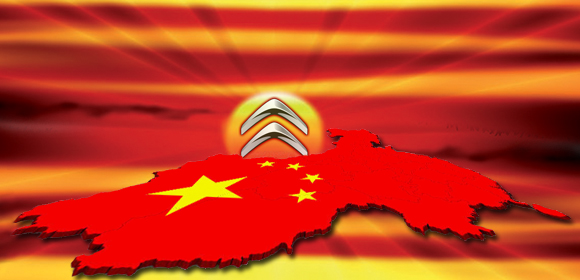Less than a decade ago China was PSA Group’s largest single market, where it sold more than 700,000 vehicles a year as recently as 2014. In 2019 the group sold about 119,000 cars in China, and this year, it is likely to sell fewer than 50,000. Sales in 2020 through September were 31,239, a 64 percent decrease from the same period in 2019.
The broad outlines of the plans by PSA Group and Fiat Chrysler Automobiles to regain lost ground in China under Stellantis, their future combined company, are starting to emerge: fewer brands, fewer models and fewer factories.
PSA Group’s Chief Financial Officer, Philippe de Rovira, told analysts last week; “It’s not reasonable to think that we will continue with so many brands, so many platforms and so many car lines in Stellantis, given the volumes that the combined entities are doing,”
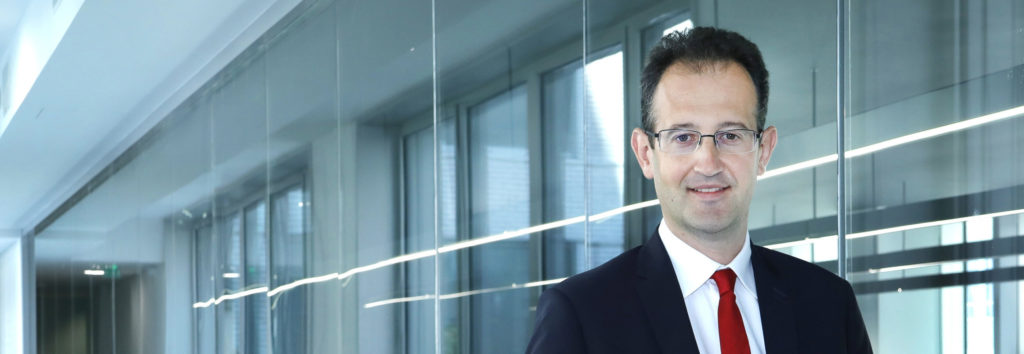
De Rovira said PSA had recently sold one factory it operated with joint venture partner Dongfeng and closed another, as it works to lower fixed costs in the money-losing partnership, called DPCA.
PSA CEO Carlos Tavares, who will lead Stellantis, has said that generating synergies and making a fresh start in China will be one of the benefits of the merger with FCA.

FCA has fared a bit better, but not much; Sales in September fell 36 percent from a year earlier to 3,862 vehicles, with year-to-date volume plummeting 47 percent to 27,675. FCA now sells only the Jeep brand in China. The automaker builds gasoline and plug-in hybrid variants of the Jeep Grand Commander as well as the gasoline models of the Renegade, Compass and Cherokee at its joint venture with GAC Motor.
Analysts say that PSA and FCA, as well as some other once-prospering mass-market brands such as Ford and Renault (which has recently halted sales of passenger cars in China), have been squeezed by Japanese and local brands, which have product line-ups better suited to Chinese tastes at cheaper prices.
FCA has announced a planned joint venture with iPhone maker Foxconn to build electric vehicles in China. Foxconn has just showed a “skateboard” style EV platform that partners could adjust to their needs, although it has not been confirmed that the FCA joint venture would use it.
PSA Group plans to cut several thousand jobs in China as part of its Yuan strategic plan. The plan also foresees a breakeven point of 150,000 vehicles and a sales target of 250,000 vehicles by 2021. By 2025, sales will be 400,000 under the plan.
In addition to cutting costs in the DPCA joint venture, PSA last year dissolved another joint venture with Changan to produce DS brand vehicles, including selling their factory in Shenzhen.
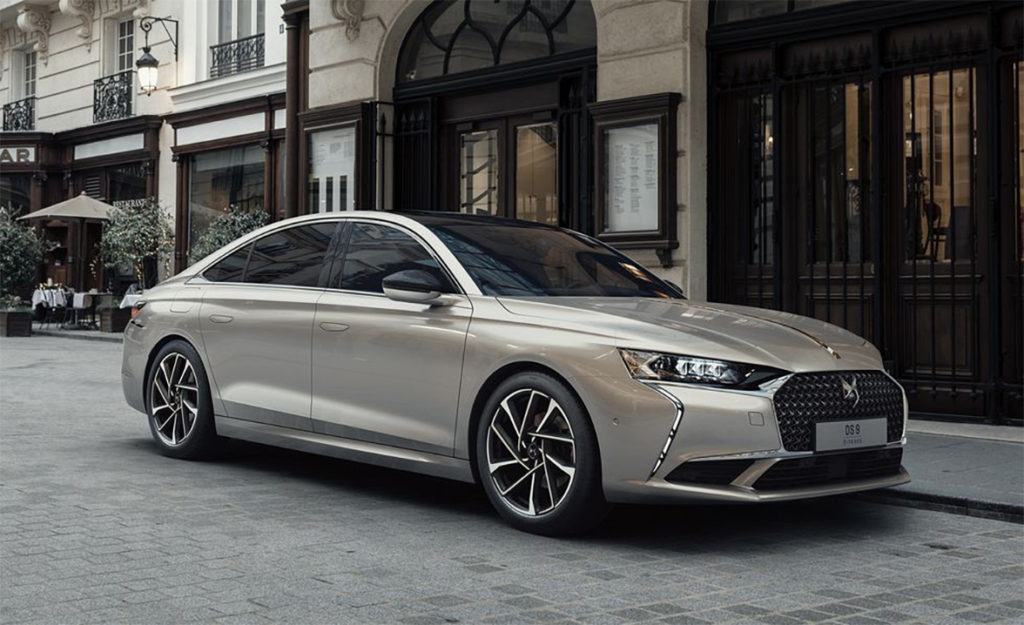
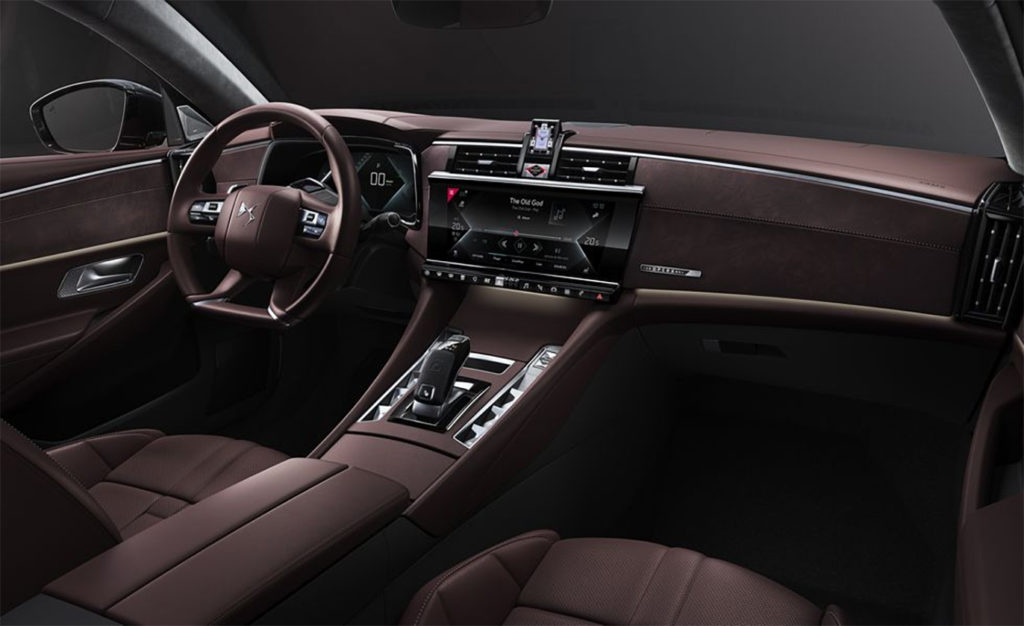
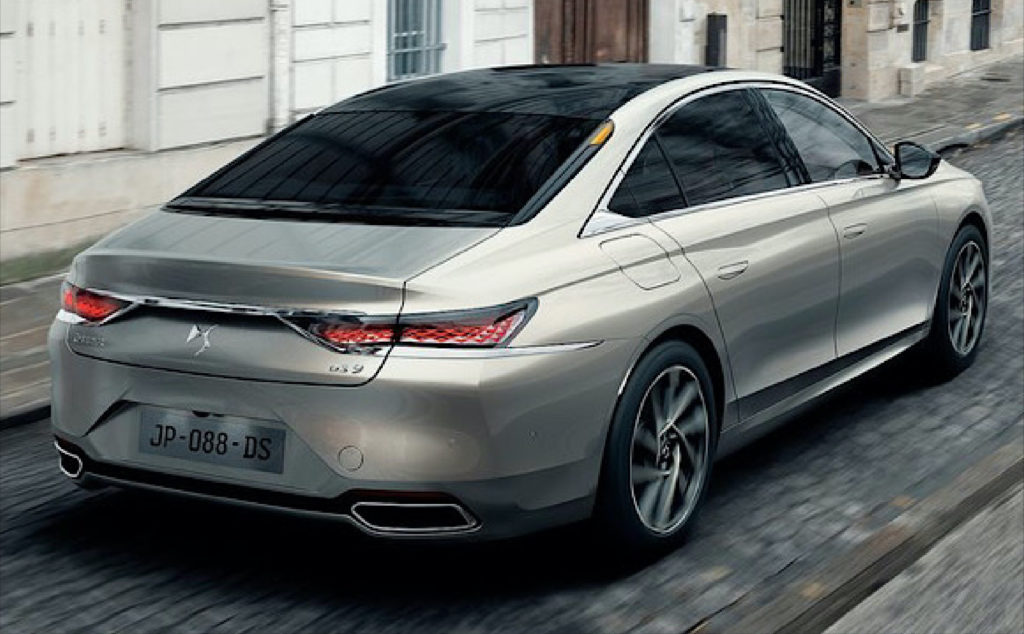
“We have made significant progress in reducing capacity” in China, de Rovira said. “We have two plants left, and we are working on reducing fixed costs.”
With these cost reductions being applied to China, it remains to be seen if Citroën will remain as one of the brands under Stellantis to be offered in that market. In fact, we wonder about the survival of Citroën as brand in the global market if Stellantis is under pressure to streamline model offerings and most Citroëns, save for the Ami One, are based on Peugeot platforms.
